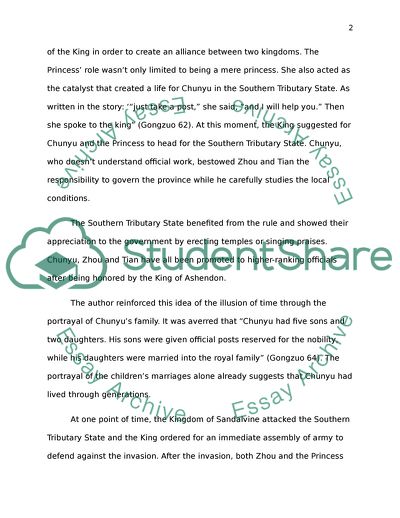Cite this document
(Life as a Dream Essay Example | Topics and Well Written Essays - 1750 words, n.d.)
Life as a Dream Essay Example | Topics and Well Written Essays - 1750 words. https://studentshare.org/literature/1735543-life-as-a-dream-2nd-term-paper
Life as a Dream Essay Example | Topics and Well Written Essays - 1750 words. https://studentshare.org/literature/1735543-life-as-a-dream-2nd-term-paper
(Life As a Dream Essay Example | Topics and Well Written Essays - 1750 Words)
Life As a Dream Essay Example | Topics and Well Written Essays - 1750 Words. https://studentshare.org/literature/1735543-life-as-a-dream-2nd-term-paper.
Life As a Dream Essay Example | Topics and Well Written Essays - 1750 Words. https://studentshare.org/literature/1735543-life-as-a-dream-2nd-term-paper.
“Life As a Dream Essay Example | Topics and Well Written Essays - 1750 Words”. https://studentshare.org/literature/1735543-life-as-a-dream-2nd-term-paper.


